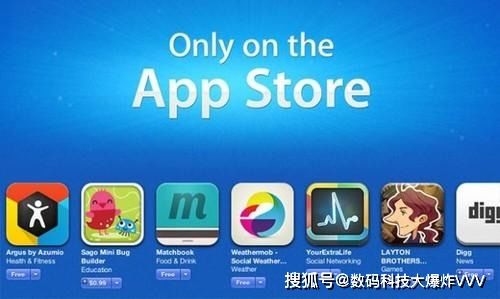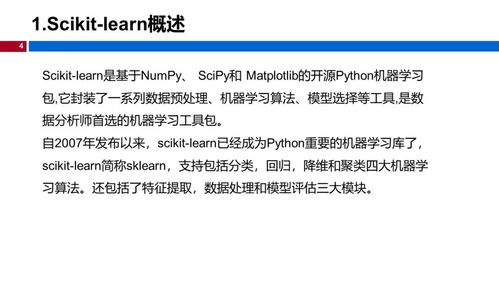The Magic of 'Download' – Unlocking Digital Possibilities
When it comes to the English equivalent of the Chinese phrase “下载,” many individuals might initially feel uncertain, as the direct translation isn't as straightforward as some other terms. However, the process of understanding and utilizing this English term is crucial, especially in today's digital world where downloading has become an everyday activity.

In English, the term most commonly used to describe the action of downloading is, quite simply, “download.” This word encompasses the transfer of a file, such as a song, video, document, or application, from a remote computer or server to a local device, such as a smartphone, tablet, computer, or even a smart TV.

Understanding the context in which “download” is used is crucial. For instance, if you are discussing downloading music, you might say, “I just downloaded my favorite playlist from Spotify.” When referring to software, one might say, “Make sure to download the latest version of the application from the official website.” The versatility of the word “download” makes it applicable across various platforms and devices, highlighting its significance in the digital realm.

To delve deeper into the mechanics of downloading, it's essential to grasp the fundamental components involved. Primarily, you need an internet connection, which serves as the conduit through which data travels. This can be via Wi-Fi, cellular data, or a wired connection, depending on your device and availability. Additionally, you need a compatible client or application capable of initiating and managing the download process. Web browsers, media players, and app stores are typical examples of such clients.
When downloading, the process generally involves several steps. Initially, you'll often encounter a download link or button, prompting you to start the transfer. Clicking this link typically initiates a download manager or dialog box, where you can view the progress of the download, the estimated time remaining, and sometimes, even the speed of the transfer. The speed can vary significantly, influenced by factors such as your internet bandwidth, the server's performance, and the size of the file being downloaded.
Once the download is complete, the file is usually saved to a specified directory or folder on your device. Depending on the type of file, you might need additional software or programs to open or use it. For example, an MP3 file would typically require a media player, while an executable (.exe) file would need to be run through your operating system's execution capabilities.
It's worth noting that the word “download” is often paired with its counterpart, “upload.” While downloading involves retrieving data from a remote source to your local device, uploading is the reverse process, where data is sent from your device to a remote server or another device. For instance, sharing a photo on social media involves uploading it from your phone to the social media platform's servers.
The importance of downloading in our daily lives cannot be overstated. Whether it's for educational purposes, entertainment, or professional reasons, downloading has become an integral part of modern existence. Students frequently download textbooks, assignments, and research materials to aid their studies. Enthusiasts of digital media, such as music and movies, often download their favorite content to enjoy offline. Meanwhile, professionals download software updates, reports, and presentations to stay productive and informed.
In addition to personal use, downloading plays a significant role in business operations. Companies regularly download software updates, client data, and project files to ensure seamless collaboration and functionality. Cloud computing has further revolutionized the way businesses handle downloads, offering remote access to critical files and resources from anywhere with an internet connection.
Despite its convenience, downloading comes with certain responsibilities and precautions. The legality of the content you are downloading is paramount. Downloading copyrighted material without permission is illegal and can lead to legal consequences. Additionally, the safety of your device is critical. Malware and viruses can often be disguised as legitimate downloads, posing a threat to your data and privacy. To mitigate these risks, it's essential to download only from trusted sources and maintain robust antivirus software on your devices.
The rise of streaming services has somewhat altered the download landscape in recent years. Streaming allows users to access content instantly, without the need for downloading. However, streaming still relies heavily on a stable internet connection, making downloads a preferable option for offline viewing or in areas with limited connectivity. Moreover, downloads can be more efficient when dealing with large files, as they don't require continuous internet access once the content is saved locally.
Technological advancements have continuously refined the downloading experience. Improvements in internet speeds, enhanced data compression techniques, and the advent of new file formats have made downloading faster and more efficient. High-definition media and large application files, which once took hours to download, can now be downloaded in a matter of minutes.
As we progress further into the digital age, the role of downloading will undoubtedly evolve. With the
- 上一篇: 公牛定时插座:轻松掌握用电时间的智慧之选
- 下一篇: 中国移动话费充值步骤指南
-
 如何正确发音‘cinema’的英文,点击听读音!资讯攻略10-30
如何正确发音‘cinema’的英文,点击听读音!资讯攻略10-30 -
 The Magic Word: ‘Excellent资讯攻略11-06
The Magic Word: ‘Excellent资讯攻略11-06 -
 Meaning of the English Word 'Umbrella资讯攻略02-07
Meaning of the English Word 'Umbrella资讯攻略02-07 -
 Mastering the Usage of 'Learn资讯攻略02-08
Mastering the Usage of 'Learn资讯攻略02-08 -
 Meaning of the English Word 'Story资讯攻略11-28
Meaning of the English Word 'Story资讯攻略11-28 -
 What is the Plural Form of 'It'?资讯攻略01-10
What is the Plural Form of 'It'?资讯攻略01-10












